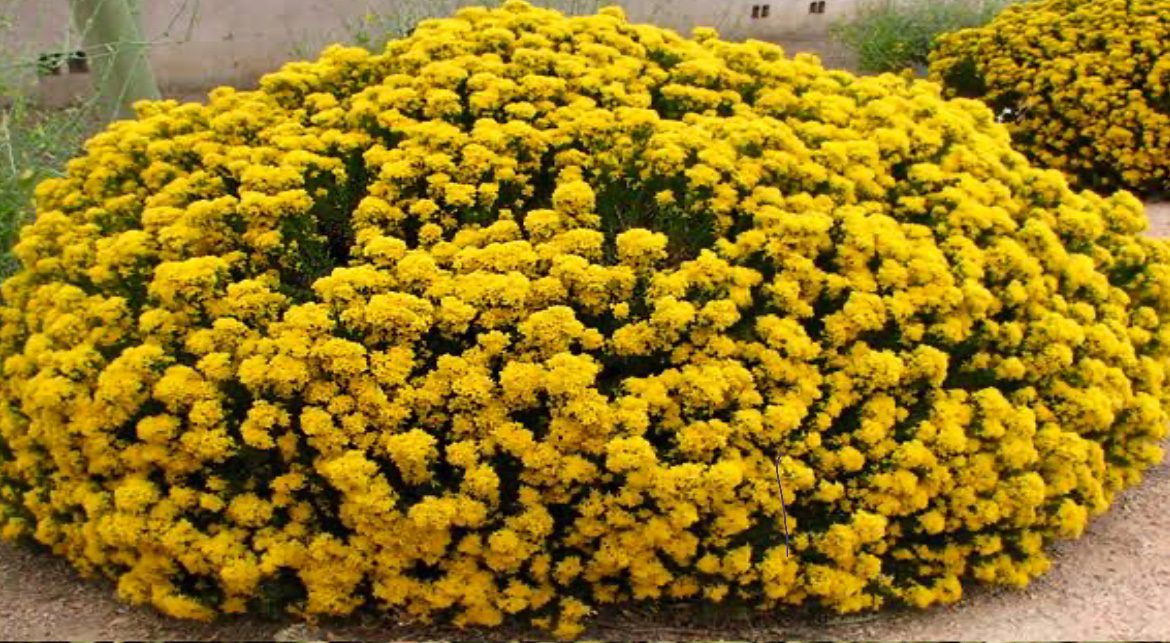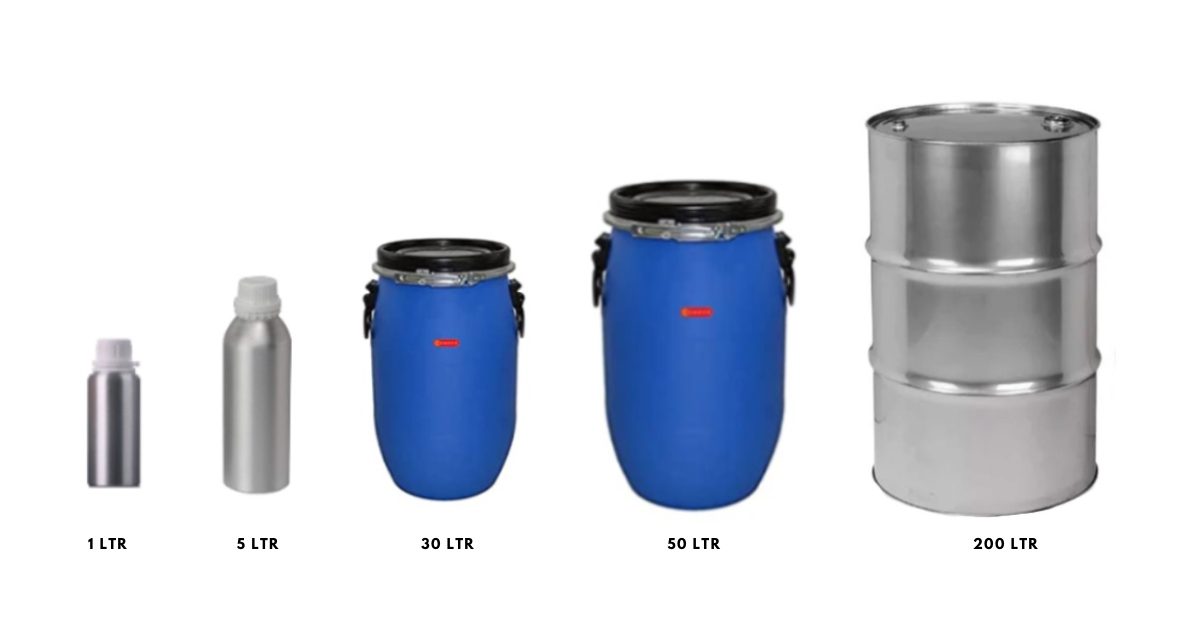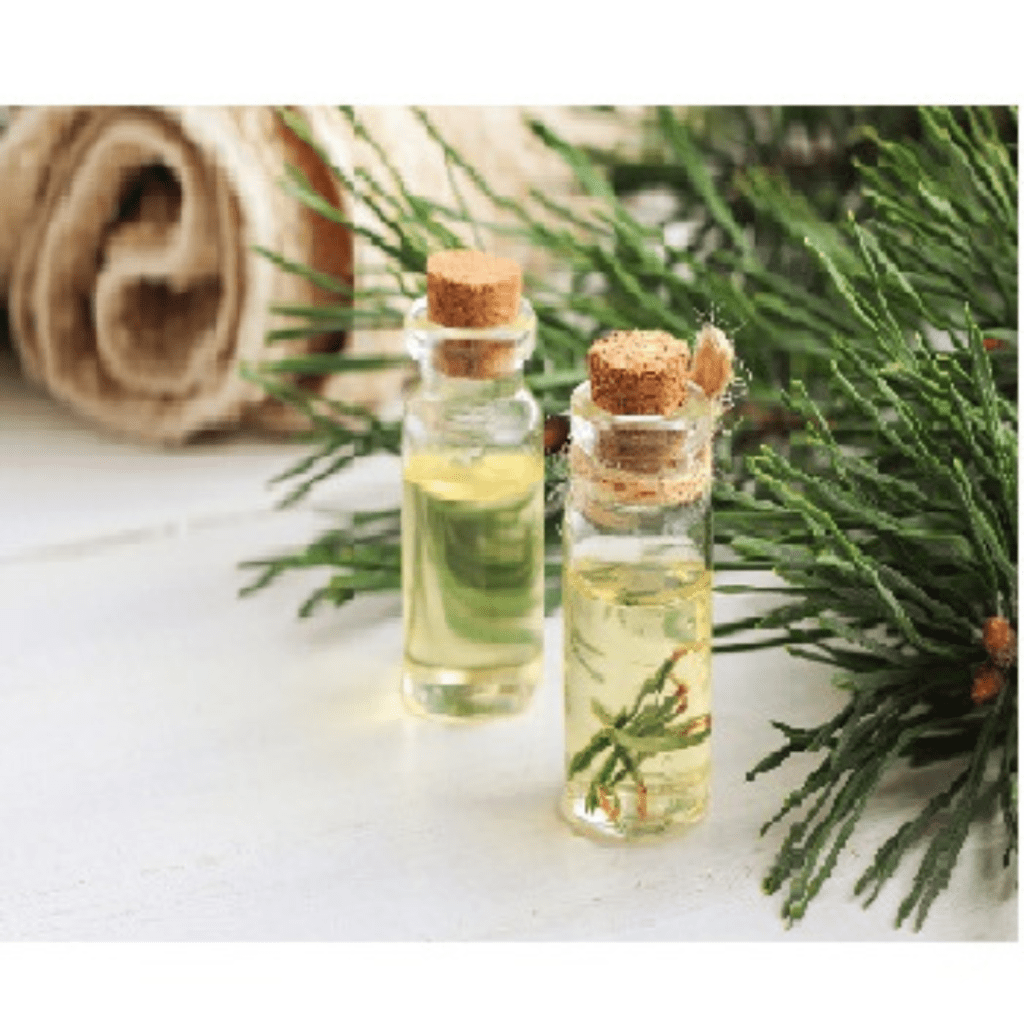
Turpentine is an essential oil that is derived from the resin of certain pine trees, primarily those of the species Pinus palustris and Pinus rigida. Turpentine oil has been traditionally used in the paint and varnish industry as a solvent and thinner.
Turpentine (Pinus spp.) is an essential oil that is derived from the resin of certain pine trees, primarily those of the species Pinus palustris and Pinus rigida. The Latin word “terebinth,” which means “resin,” is the origin of the name “Turpentine. A variety of industrial and household applications use it due to its strong, pungent, terpenic odor, and colorless liquid form.
Turpentine oil has been traditionally used in the paint and varnish industry as a solvent and thinner. it can also serve as a cleaning agent to eliminate paint and other persistent stains. In the past, people frequently utilized it as a medicinal oil to address respiratory problems and muscle pain.
It is important to note that Turpentine oil is not the same as Turpentine spirit. Turpentine spirit is a refined version of Turpentine oil, it is made by distilling the crude oil. And it is considered safer to use than crude oil.
Botanical Name : Pinus spp.
CAS# : 8006-64-2
Origin : Australia
Method of Extraction : Steam Distillation
Source : Trees of the genus Pinus
Solubility : Soluble in ethanol, ethyl ether, turpentine, and essential oils
Color & Odor : Green in colour and has strong, pine-like scent
Constituents : terpene hydrocarbons (including α-pinene, β-pinene, limonene, 3-carene, and camphene), together with anethole
Specific Gravity : 0.8887 g/cm3
Flash Point : 30-46°C
Optical Rotation : –
Major Constituents : α-pinene (75 to 85%) with varying amounts of β-pinene (up to 3%), camphene (4 to 15%), limonene (dipentene, 5 to 15%), 3-carene, and terpinolene
Turpentine essential oil has a wide range of industrial and household applications, but it is not considered safe for human consumption or for use in aromatherapy. Some of the most notable uses of Turpentine essential oil include
It is important to note that Turpentine oil is not recommended for use in aromatherapy or for internal consumption due to its strong, pungent, and toxic nature. It is not considered safe for human consumption as it can cause severe health problems if ingested. It should be used only in well-ventilated areas and with proper protective gear. Long-term exposure to turpentine fumes can cause respiratory problems and other health issues. It is also flammable and can be dangerous if not handled with proper care.


